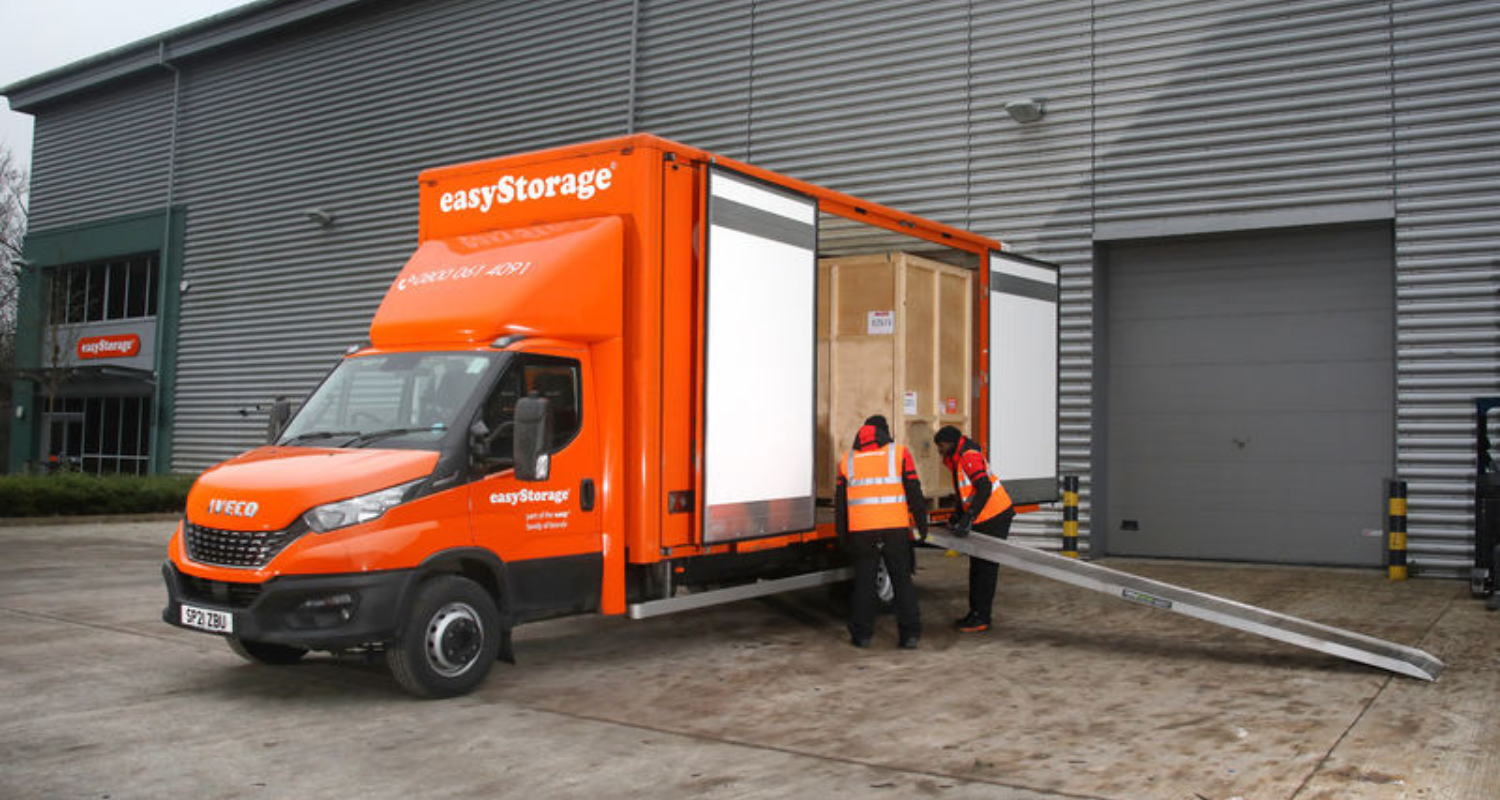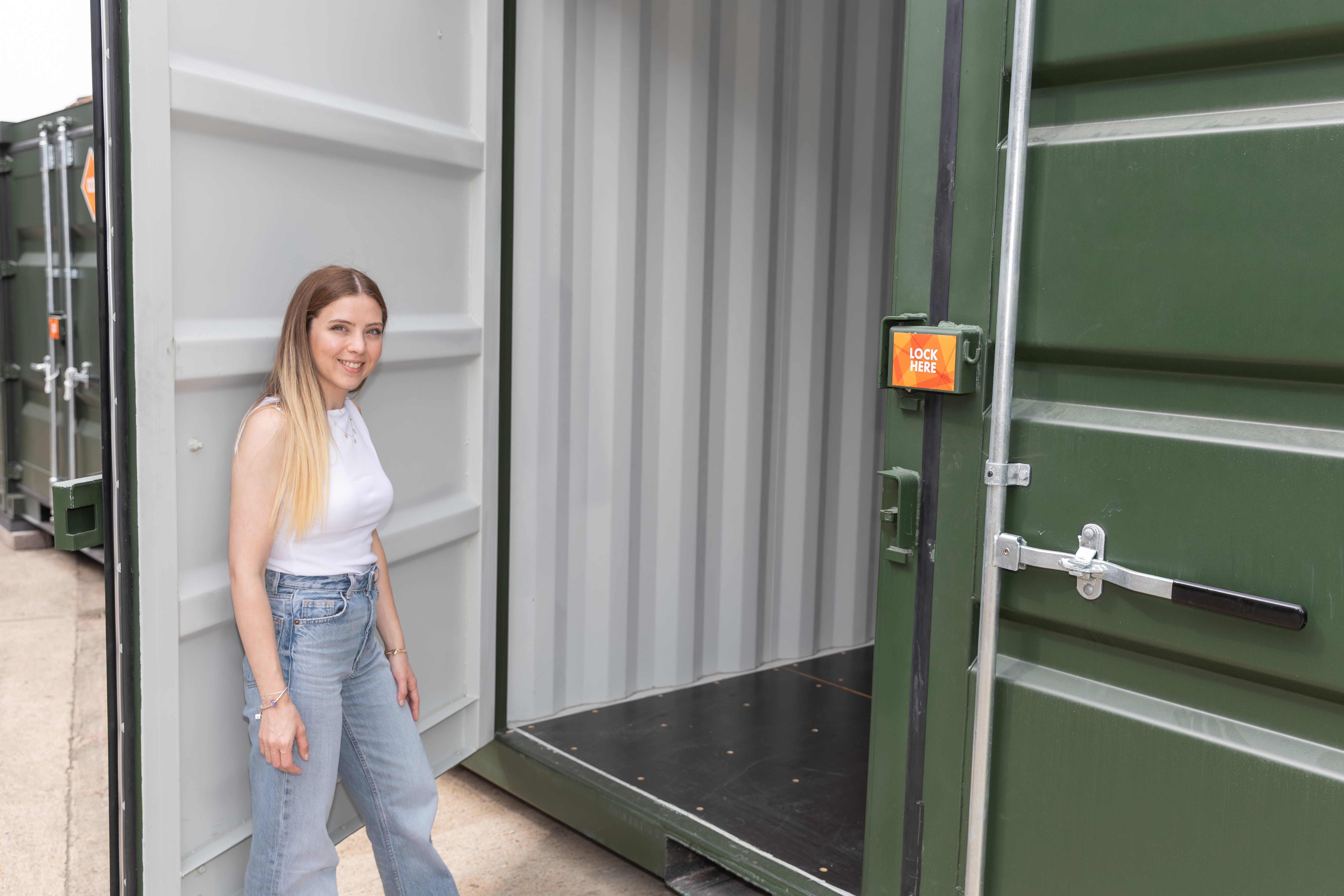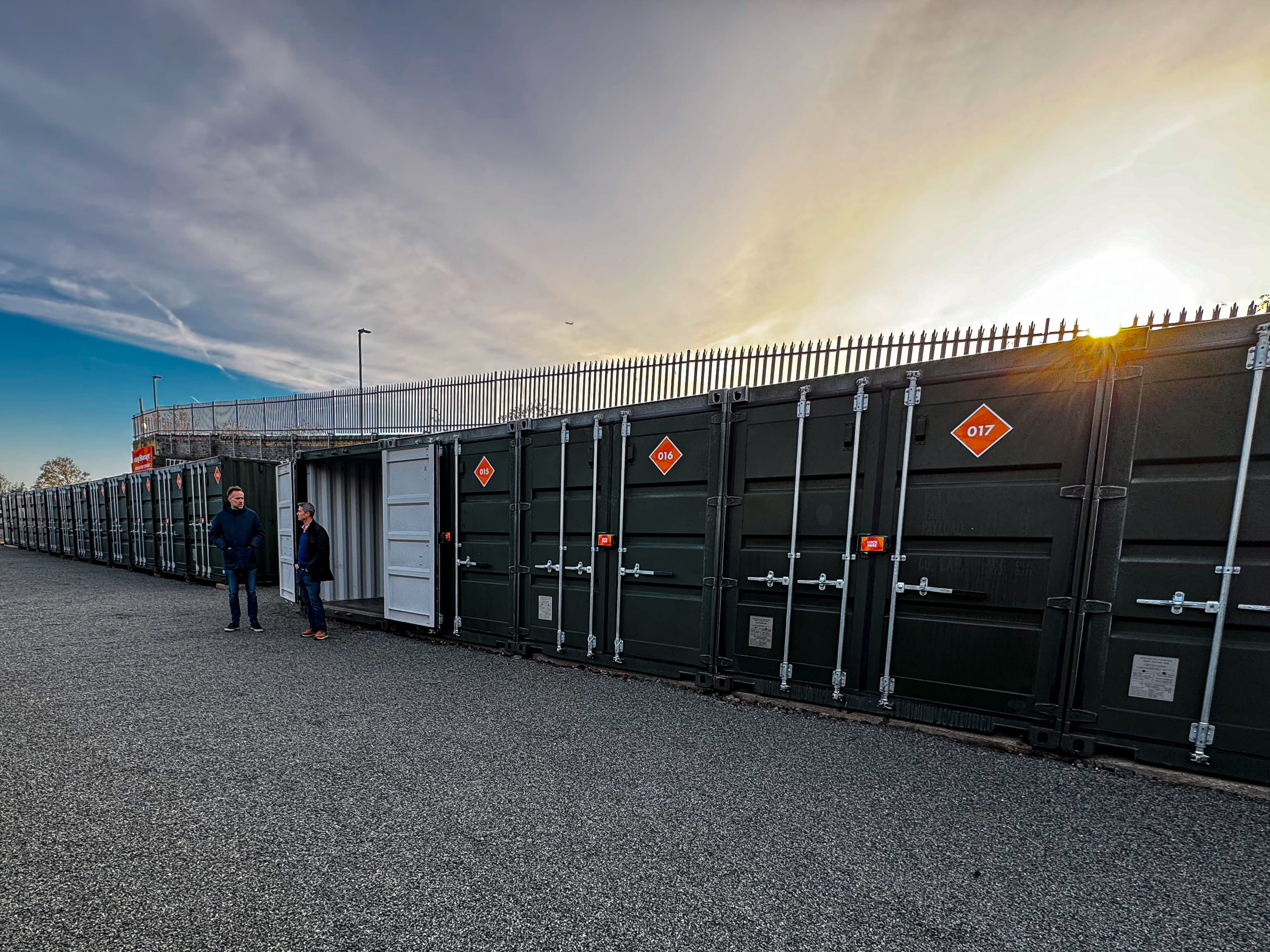The Ultimate Ten Tips You Need Before Moving in Together
Moving in together is a real test of a good relationship.
Whether you’ve spent a lot of time together and just want to formalise your toothbrushes status, or got incredibly romantic on Valentine’s Day, spending ALL of your time together is very different to spending time together only when it suits you both.
So here’s the easyStorage ‘easy guide’ to smoothing the way.
1. Talk about your habits
You may already have discovered each others’ bad habits (as well as good ones). Take five envelopes each and in them slip one good habit that the other has, that you like or might emulate. It might be as simple as squeezing the toothpaste from the bottom or as expansive as a desire to make the World a better place. If you’re going to talk about the tough stuff, talk about the good as well, or you may well end up changing your mind (although better now than later!)
By writing them in advance you can’t cop out. Be prepared for not liking what the other has to say about you, and to find a middle way.
For example if someone’s really messy, how can you create spaces that are ‘theirs’ and communal ‘tidy’ spaces? What about a cleaning and tidying schedule?
If you’re really brave, you can own up to your own bad habits as well!
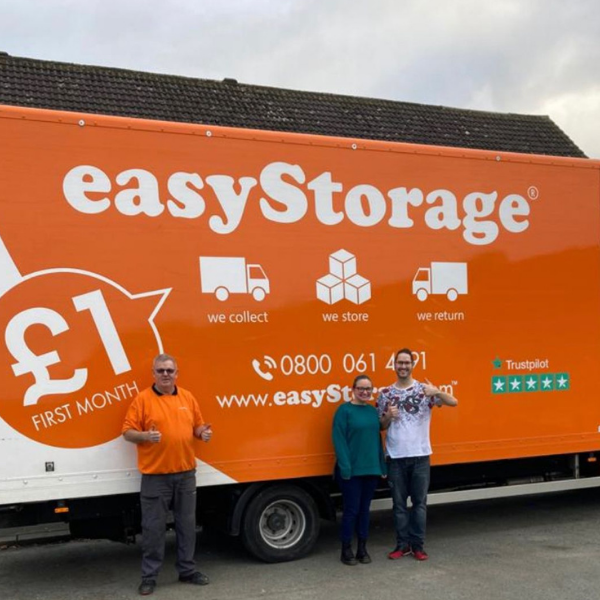
2. Discuss why…
Why are you moving in together rather than carrying on as you are?
Make sure it’s for the right reasons and that you’re both OK with the answer!
Don’t just slide in by accident, or you may just need to slide out the same way – or, worse, with a big rupture.
If it’s for financial reasons, make that clear. Does one of you see it as the first step towards marriage? Would you be more comfortable being engaged first? Dare we even mention children? Does one of you already have children? What are your expectations?
If you’re both happy just moving in as ‘flatmates’ with no further commitment, great, but if there are other expectations, save heartache by having that conversation now.
3. Personal goods
You may not be ready to see this as ‘forever, and even if you do, living together is sometimes tougher than we expect.
From the very start of your life as a couple you are very likely to both have your own things. They’ll fall into categories:
· Both of you love them and want them in your home. Easy, have them in your shared space, as long as there is enough space.
· One of you loves them and wants them in your home, non-negotiable. Not so easy, but you’ll have to decide how to have them in your shared space
· One of you loves them and wants to keep them, non-negotiable, but not necessarily on show. You’ll have to decide how to have them in your shared space or store them.
· Both of you have them and they are useful (for example, sets of saucepans or crockery – you only need one set). You’ll need to decide what to do with the extra set, and whose is staying if you haven’t got space for both.
· Neither of you have an emotional attachment and don’t think you’ll need but they are useful (for example a slow cooker, rice cooker or garden umbrellas when you have no garden). You’re going to have to decide what to do and/or whether you have space to store.
· Aesthetics – pictures, photos. Who likes having them all on display? Who has a particular design aesthetic. This may be the smallest detail, but can cause the biggest rifts - these things can be emotional decisions.
Assuming you survive that discussion, which will call for a greater or lesser degree of compromise, our first words of wisdom are not to get rid of anything straight away. However, you’re living separately, together you may live differently. Cooking for two rather than one, for example, may mean that you DO start to use that rice cooker or slow cooker. You may decide to convert that scrubby patch of earth in front of the house to a herb garden.
Or you may decide that living together’s not workable. We all hope not, but it sometimes happens. It never hurts to keep things in order to swap them around later, especially in the short term, or to bring back into service something that would cost you a lot to replace.
For things you’ve never liked anyway, and which have no emotional tie, don’t forget second hand sales like Facebook Marketplace and a myriad of apps, charity shops, recycling, and, worst case scenario binning.

4. Welcoming and practical environment
Where are you going to live? Is this the right thing to do, or would a fresh start, with no history, be a better solution?
As a couple, it may be an easy choice, but do have the discussion. Don’t take it for granted.
If you’re moving into somewhere new, what needs to happen to make that space work for both of you? Does one of you work from home? Is one of you an artist or crafter with lots of materials?
If one of you is moving into the other’s existing home, how are you going to make things welcoming for you as a couple, rather than one moving into the other’s space and feeling like a ‘guest’.
How are you going to make space for the practicalities of living together, whilst keeping the space restful enough to enjoy?
Never make assumptions, it can lead to conflict and is far better openly discussed while you’re still dewy eyed about each other. Which leads us to….
5. Don’t give everything up
We are often full of hopes and dreams when we think about moving in together formally, whatever the relationship has looked like before.
Often we’ll go through a honeymoon period, spending so much time in each other’s company that we forget the outside World.
But sooner or later the outside World will creep in. You may miss your football matches on a Sunday morning, or the gym. You may start to miss your friends.
You may just want to not do ‘the same old things’ or need a space to vent to friends.
Moving in together means adapting to each other, compromising, but don’t give up the things or the people that you love. Firstly, absence makes the heart grow fond, and you’ll miss each other, and secondly, you may just need those things.
‘Me time’ is important, and as a bonus can help ensure you always have something to talk about.

6. Chores
The least romantic side of life is chores!
However you managed it before you moved in together, now things will change. There will be two people’s mess and two people’s washing up.
As late as 2019, a majority of women reported that were expected to assume responsibility for household routines and maintaining order in the home. Add children and the burden is even higher. This affects womens’ personal well-being AND lowers their satisfaction with their relationship.
With the majority of women now working, financial responsibility, by contrast, is shown to be shared.
Add the possibility of one of you having/bringing children into the relationship, and chore sharing is a discussion you really should have up front before resentment sets in on either side.
Which leads us nicely to…
7. Finances
Time to come clean.
· What IS your financial status?
· What debts are there?
· Who will be covering what bills, including food, utilities, rent, mortgage, etc?
It’s the toughest conversation, but one that’s going to mean you can work together, help each other, and maybe even save money by consolidating things like insurance policies, or creating a savings account for that holiday, mortgage deposit or, who knows, even a honeymoon.
Decide who’s paying what and what’s fair, especially of one of you brings children or a home to the relationship.
Experts often suggest keeping finances separate for a while until you see how things are, and in case moving in together proves to be the wrong move for you.
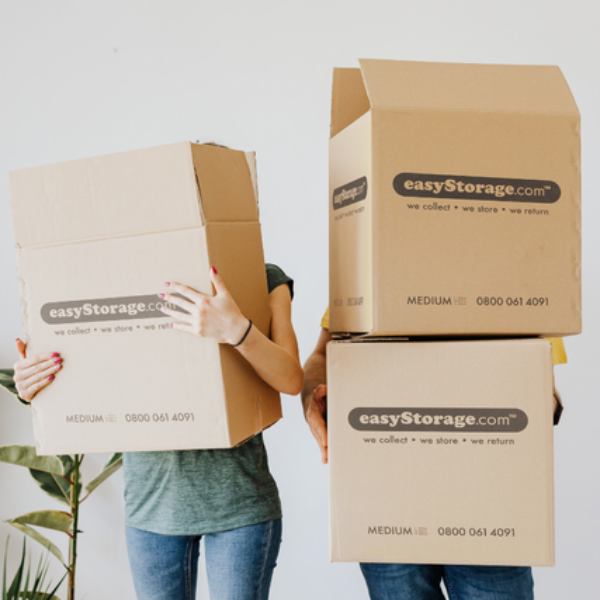
8. Be prepared for conflict sometimes
Sometimes things inevitably create conflict. Expect it, be prepared to deal with it.
It’s your partners birthday but the company has scheduled the biggest event of your career.
The cat’s pooed on the carpet. One of you wants to get rid of it, the other thinks its your fault for shutting it in.
You’re tired and feeling like going out for dinner, your partner’s tired and just wants to flump on the sofa snuggled up.
The pulls of work. Of friends in need. Of families.
You’ll need to be prepared to climb down and apologise if you’re wrong, and accept gracefully and forgive if you’re right.
Go into the arrangement prepared to deal with things. One disagreement – or argument - isn’t the end of things. It will be the first of many, especially if you’re communicating well.
And at least you’re together to ensure that making up is fun!
9. What if….
Try this game of ‘what if….?’
· What if an ex comes back, even as just a friend?
· What is one of gets an incredible job, somewhere else?
· What if an ageing parent needs full time support from one of you?
· What if one of you falls really ill? Mentally ill? Pregnant?
· What if one of you develops a dependency problem, such as alcohol or substance abuse?
· What if one of you has an accident and is disabled or can’t work?
There are a million and one ‘what if’s’ that you could add. It’s important to start this communication before you move in so that you both know what to expect and are forewarned of any potential problem areas.
This, of course, takes us to the biggest ‘what if’, and it’s the one you really should address before committing to moving in together….

10. What if moving in together doesn’t work?
No-one wants to think about it at the start. It feels like it will jinx things. But, sadly, we all should.
According to the ONS, in the UK, the proportion of families containing a married or civil partnered couple decreased from 68.6% to 66.8% over the 10 years to 2019. The proportion of families containing a cohabiting couple increased from 15.3% to 18.4%. However, research in 2020 found that cohabiting relationships are relatively short-lived – about 18 months, correlating with couples delaying or forgoing marriage altogether.
(Divorce Rates increased until the early 1990s, to almost 15 per thousand married couples. Since then they have been falling and currently stand at 7.5 - but fewer couples are choosing marriage.)
There are big things to consider when you split:
· Property, leases or mortgages and who stays where or goes?
· What happens to things you’ve bought together, especially expensive purchases like furniture?
· Pets?
It’s the last thing anyone wants to consider, but if the split is because one of you died, where would that leave you both?
Talk about it while you’re still friends, agree and review from time to time. You may want a legally binding agreement to cover you for all eventualities. You may be glad you did.
Good luck from us
Discussing these things can be tough, but if you can do these, you can do anything and know from the outset where you stand.
Try to have a positive approach. It’s best to have these conversations at the start, whilst you’re still good friends, than later, when things may be bitter.
We’re sure that you’ll be great together and with you every happiness.
If, for whatever reason, you need to store things away for a while, we’d love to help, and you can get a quote for storage 24/7 with no obligation, through our online booking system, or call 0800 061 4091 for some friendly, impartial help and advice (on storage, not relationships, of course!)
For more tips and helpful advice visit us on Facebook, Twitter, LinkedIn and Instagram
.png)

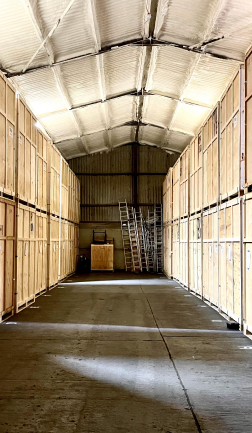

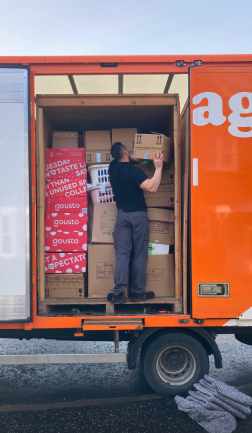
.png)


